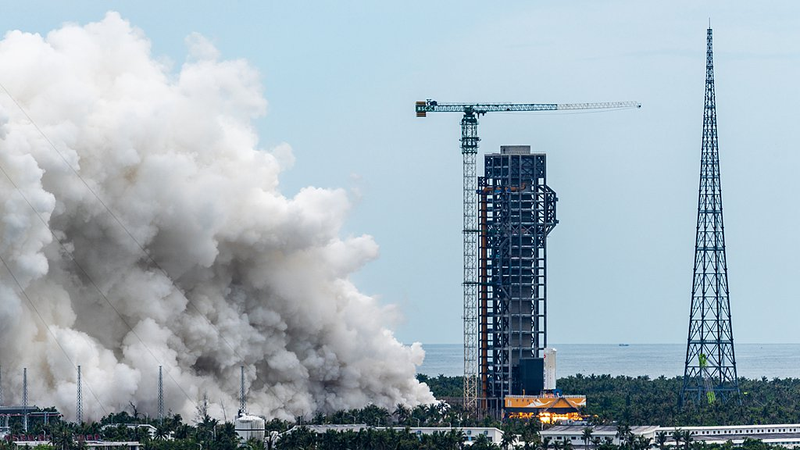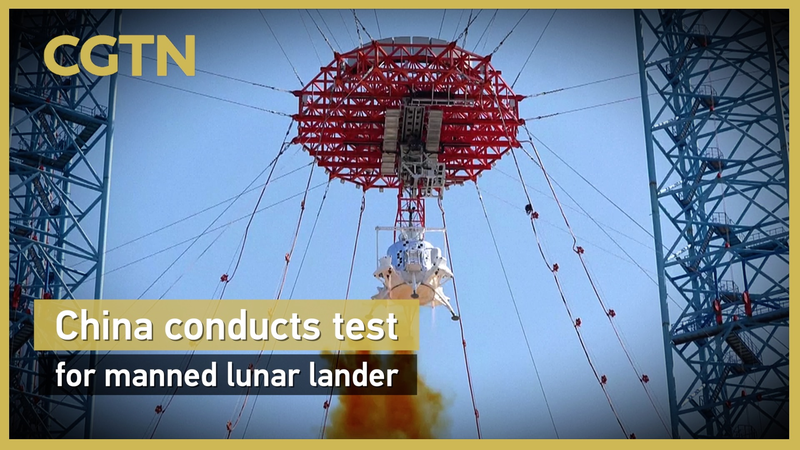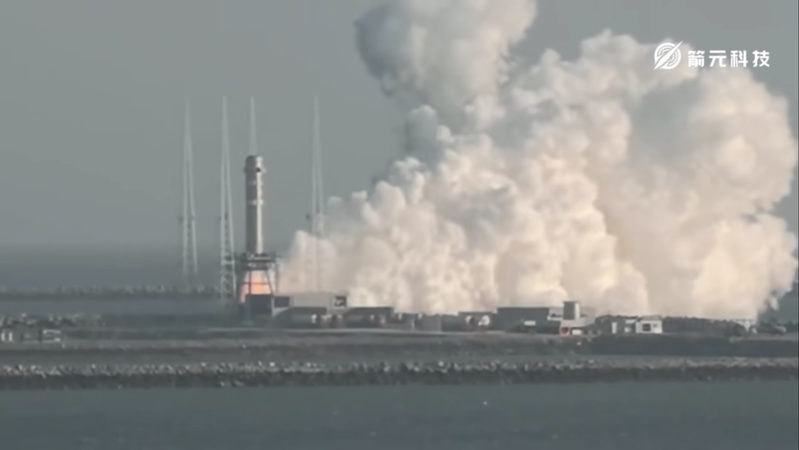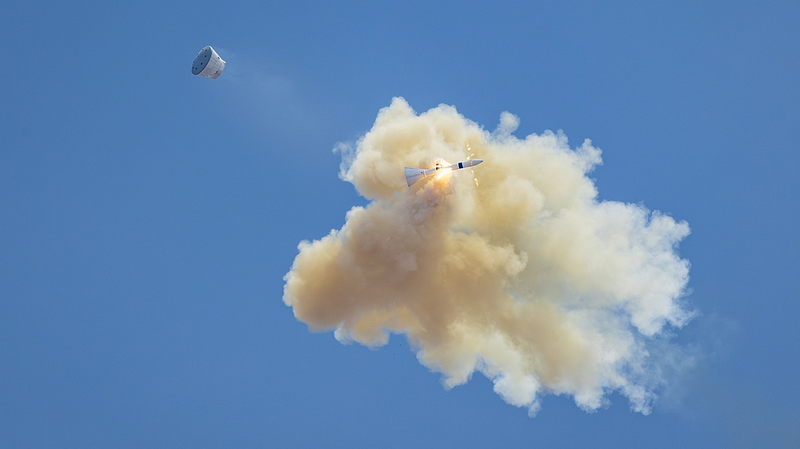China took a giant leap toward its lunar ambitions as the Long March-10 rocket completed a critical static fire test at the Wenchang Spacecraft Launch Site on Friday. The successful trial brings the nation closer to achieving its goal of landing astronauts on the moon before 2030, according to the China Manned Space Agency (CMSA).
Breaking New Ground in Space Technology
Seven first-stage engines roared to life during the test, generating nearly 1,000 tonnes of thrust – the most powerful such experiment in China's space history. Engineers monitored the rocket's performance under standard and extreme conditions, collecting vital data for future missions. This follows recent successes in testing the Mengzhou spacecraft and Lanyue lunar lander, key components of China's lunar exploration program.
Next-Generation Launch Systems
The Long March-10 series features two configurations:
- The three-stage Long March-10 (92.5m tall) for transporting crew and landers
- The reusable Long March-10A (67m tall) for space station resupply missions
Roadmap to the Moon
With new infrastructure under construction at Wenchang and additional tests planned, China is accelerating its timeline for lunar exploration. The CMSA emphasized that the Long March-10's development addresses the need for rockets with greater thrust and reliability to support crewed missions beyond Earth's orbit.
As nations watch this new space race unfold, China's progress signals a transformative phase in global space exploration – one that could see human footprints on lunar soil within this decade.
Reference(s):
China closer to manned moon landing goal after successful rocket test
cgtn.com








